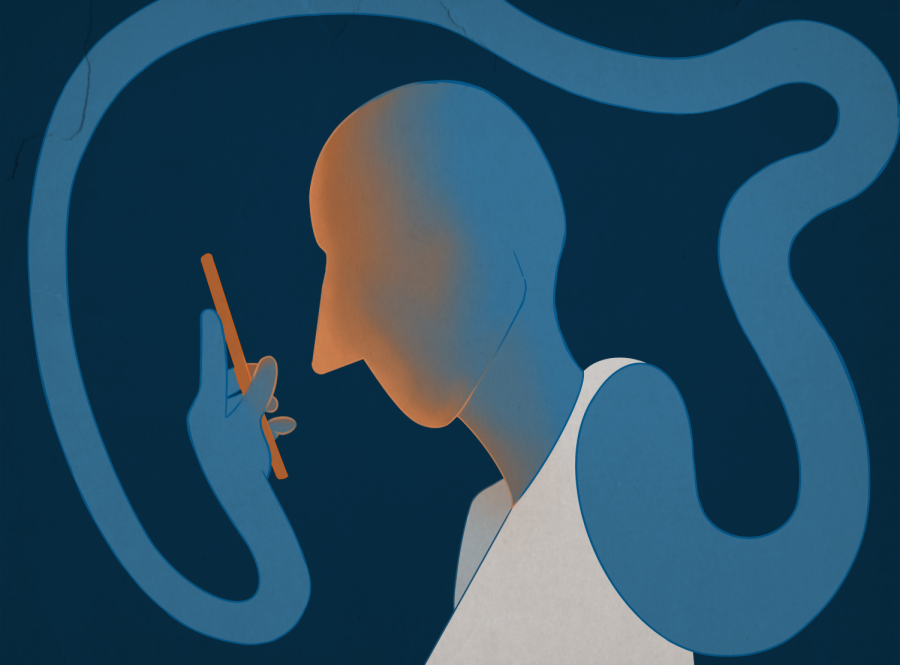UT’s TikTok block is hypocritical
February 5, 2023
Editor’s note: This column was submitted by a member of the UT community.
The recent move from the University to block the use of TikTok on UT wifi networks is foolish and hypocritical. The University is acting upon official guidance from Greg Abbott, one of many governors who recently moved to ban TikTok from state devices, but Abbott issued the directive for divisive political reasons, not objective ones. This is part of a wave of outrage that singles out TikTok and ignores glaringly similar platforms. The move by the University and the logic of the uproar concerning the app is deeply flawed.
Jeff Neyland, advisor to the president for technology strategy, noted in an email to the UT community that the move was due to concerns that “TikTok harvests vast amounts of data from its users’ devices and offers this trove of potentially sensitive information to the Chinese government.” While it is not necessarily untrue that the app, whose developer is based in China, collects user data, there is nothing unique about TikTok’s model of data collection. Every major social media app, including Twitter, Instagram and Facebook engages in “data mining” where information about user habits and preferences is collected and sold to companies in order to more effectively target advertisements. This should not be surprising to users who enjoy the pleasures of social media for no charge. As the old maxim goes: if something is free, you are the product.
The only characteristic of TikTok that makes it unique compared to other social media applications is its country of origin. ByteDance, the developer of TikTok, is headquartered in Beijing, China, which has drawn the attention of Governor Abbott and others on the right. Due to the communist principles of the People’s Republic of China’s governing party, companies and applications based there are an ideal target for those in the U.S. who seek to initiate another red scare.
Negative attention towards apps like TikTok that could ostensibly have a relationship with the Chinese government serves to benefit U.S.-based companies like Meta, the parent company of Facebook and Instagram, by pulling attention away from their own invasive data collection practices. In fact, Taylor Lorenz and Drew Harwell, writing for the Washington Post, noted that Facebook (later Meta) did indeed employ the help of a right-leaning consulting firm in drumming up outrage about TikTok.
TikTok, just like any other social media application, is deeply problematic. From the addictive nature of the infinite-scroll user interface to the collection of user data, there are plenty of reasons to have negative feelings about the application. However, Abbott and the University’s choice to ban only TikTok and leave other social media applications accessible on UT wifi networks is hypocritical. Invasive data collection by a Chinese company is equally as troublesome as data collection by companies based in the United States. The campaign to malign TikTok for its practices is centered around xenophobic rhetoric, exaggeration of the true nature of the process, and attempts to divert attention away from privacy invasions by other social media giants.
I do not contend that using TikTok poses zero risk to users; the internet is a risky place if you’re concerned about data privacy. But a unilateral block for TikTok on University wifi networks while other social media apps go unchecked is hypocritical. If the University truly saw TikTok’s collection of user data as dangerous to the UT community, they would ban the other applications that function much the same.
The University should recognize that members of the UT community are intelligent and capable of choosing which social media applications they wish to engage with and assessing the risk each platform poses to their privacy.
If Facebook, Instagram, Twitter, and others function without restriction on UT wifi, so too should TikTok.
Burke is a history and political communication senior from McKinney, Texas.
















